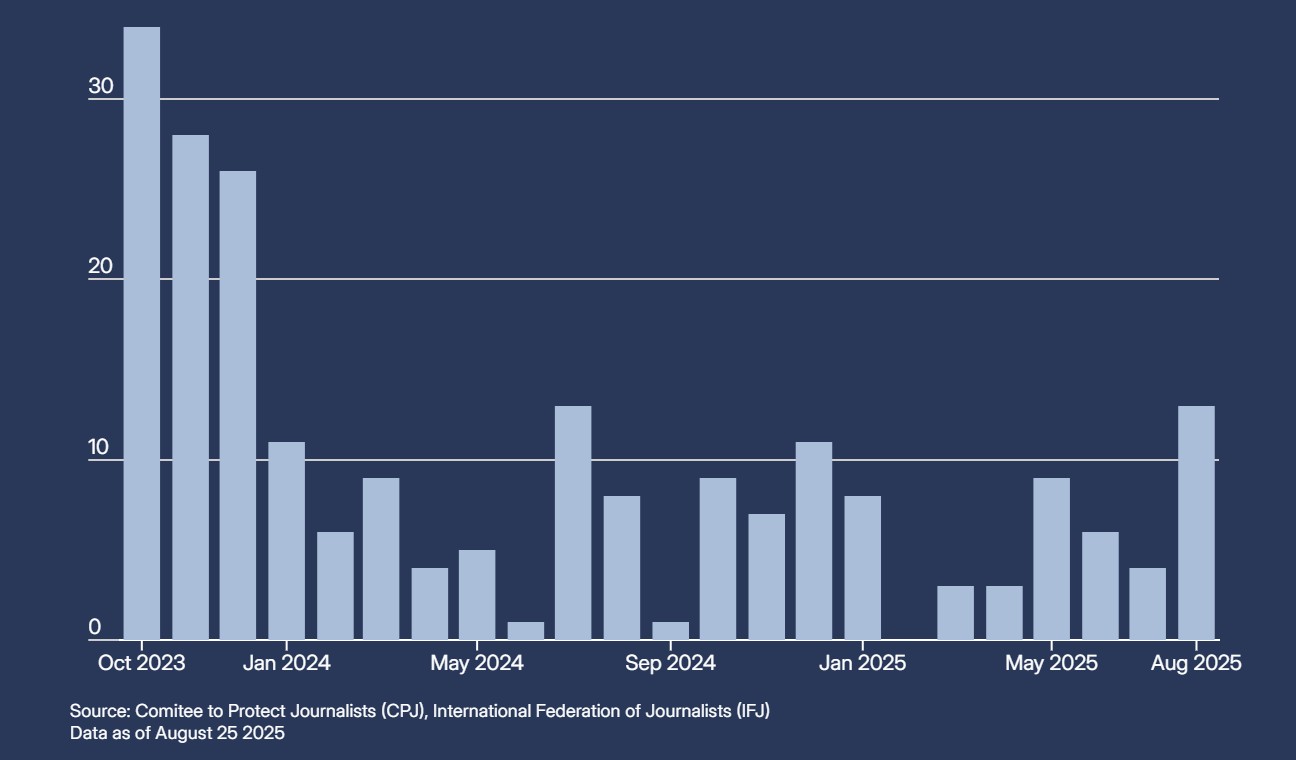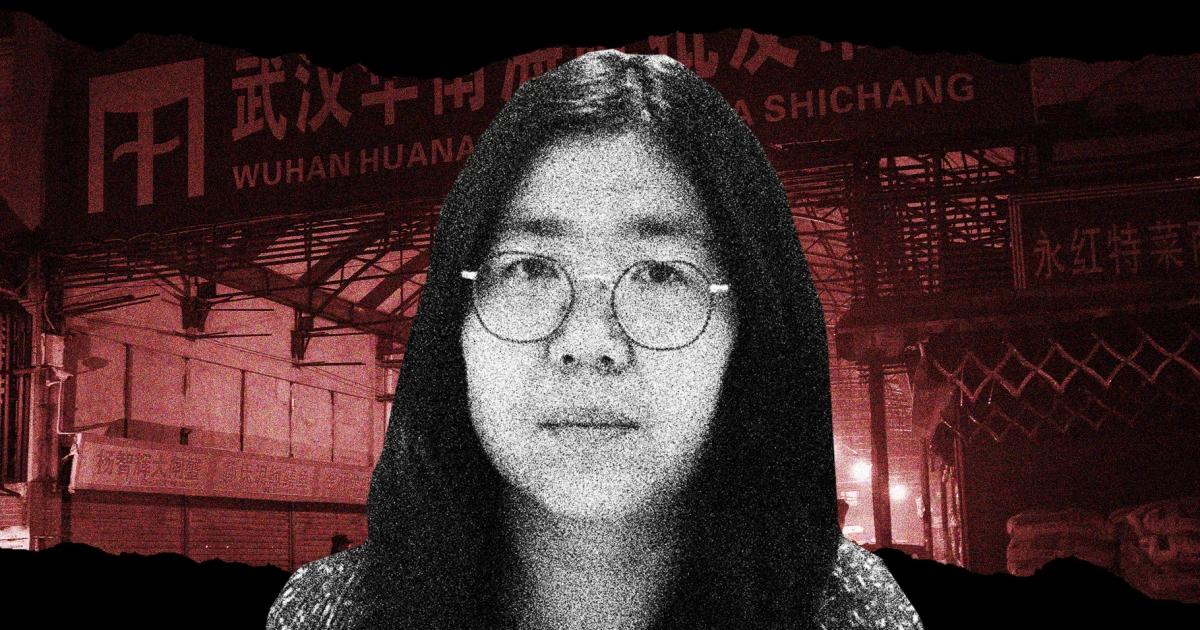
Will AI Kill Journalism or Force It to Evolve?
September 24, 2025
Gaza Becomes Deadliest Warzone for Journalists, Investigation Finds
September 25, 2025In a late September 2025 opinion article in The Washington Post, the case of Zhang Zhan, a Chinese citizen-journalist, is revisited as a glaring example of how Beijing continues to suppress independent reporting on COVID-19 and broader government accountability.
Background & Recurrent Prosecution
Zhang first gained attention in early 2020 when she traveled to Wuhan to document the human cost of the COVID-19 pandemic under lockdown conditions—reporting conditions in hospitals, constrained movement, and social hardship. In December 2020, she was convicted under the catch-all charge of “picking quarrels and provoking trouble”—a penal tool often used against dissenters—and sentenced to four years in prison. Her imprisonment included a hunger strike, reports of forced feeding, and health deterioration.
After her release in May 2024, Zhang was rearrested months later and kept isolated from external contact. The recent sentence handed down in 2025 extends her imprisonment by another four years, again under the same charge.
Key Themes & Implications
Persistent narrative control and suppression
Zhang’s repeated prosecution underscores the Chinese state’s ongoing efforts to control narratives around COVID-19, especially those that diverge from official accounts. Her original reporting and social media posts challenged the sanitized public messaging about the pandemic’s origins and impact.
Legal instruments as censorship tools
The charge of “picking quarrels and provoking trouble” remains broadly defined, granting authorities leeway to prosecute individuals whose work is politically inconvenient. Zhang’s case is emblematic of how vague laws can be weaponized against journalism.
The role of citizen journalism under authoritarian pressure
With state media tightly controlled, citizen reporters like Zhang have at times filled information gaps. But their work carries extreme risks. Her case illustrates how individuals become targets when they document suppressed realities.
Human rights, health, and the symbolic value of punishment
Zhang’s declining health, hunger strikes, and reports of mistreatment in detention are central to advocacy calls for her release. Her plight resonates beyond her individual case: it signals to others the stakes of dissent.
Research Questions & Further Inquiry
- How do China’s legal standards and practices in such cases compare with international norms on press freedom and arbitrary detention?
- What mechanisms exist—or could be introduced—to monitor the health and legal treatment of detainees like Zhang?
- To what extent do such prosecutions succeed in suppressing independent journalism, versus making it more visible internationally?
Zhang Zhan’s situation is a stark reminder that journalism’s threats in authoritarian settings remain not historical relics but ongoing, evolving confrontations. Its study is essential for understanding how authoritarian states manage information, dissent, and accountability under modern conditions.
Reference –
https://www.washingtonpost.com/opinions/2025/09/24/china-journalist-zhang-zhan-wuhan-covid/

